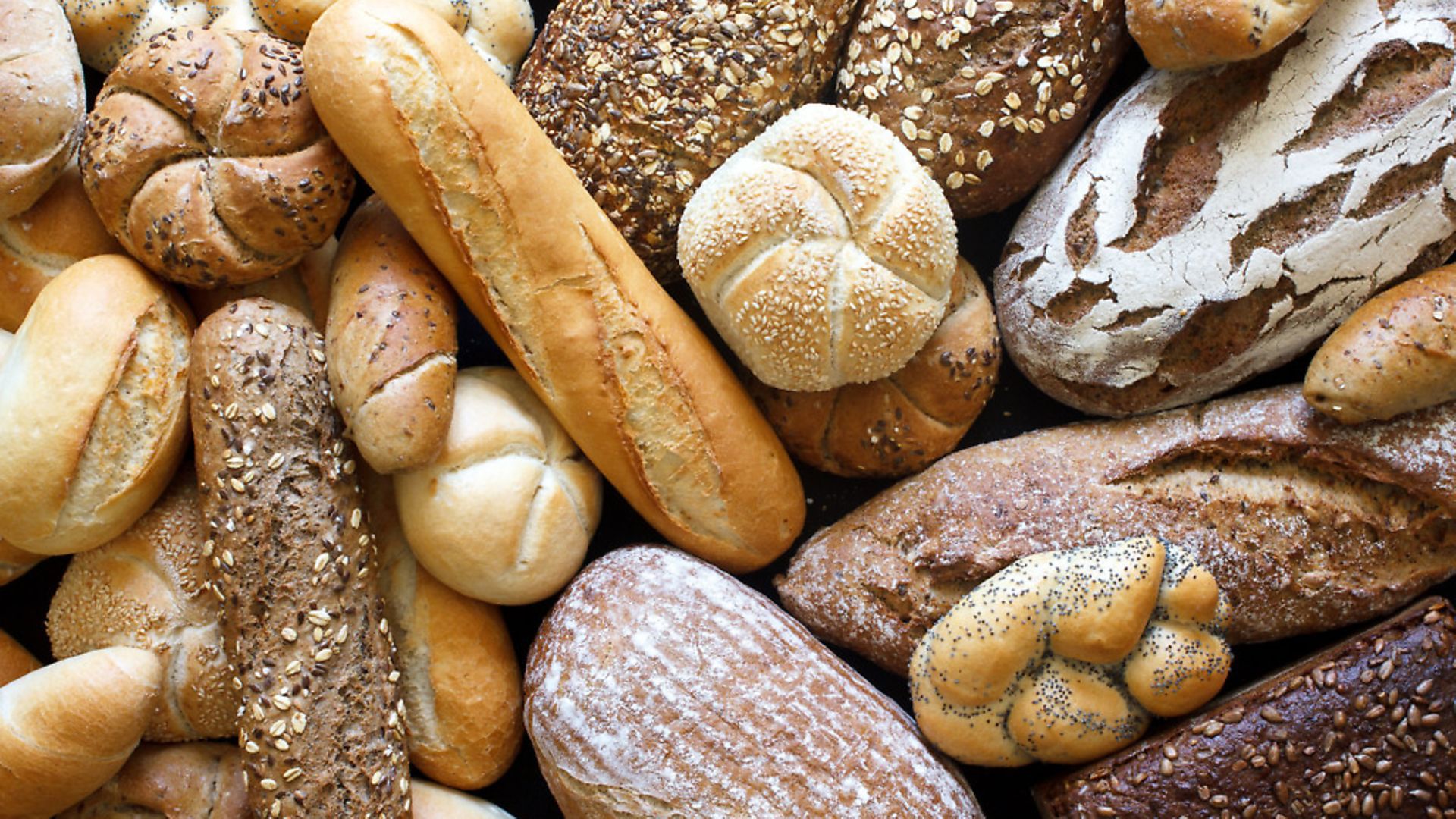
‘Processed foods give you cancer’ screamed the headlines.. But nutritional expert MARIE-ANN HA says we should be cautious about the warnings.
Eating highly-processed foods may be associated with an increased risk of developing cancer, according to a new study published in the British Medical Journal.
The study was widely reported in the media – mostly uncritically. But there are a number of problems with the study’s design – perhaps the biggest being the assumption that people’s eating patterns remain constant throughout their lives.
The researchers used data from a large cohort study, called NutriNet-Santé, that tracks the eating habits and health of thousands of French people.
People were included in the current study if they had been part of the cohort for two to six years. Their dietary intake on joining the study was assumed to have been their standard eating pattern for life. I know that my diet now is not the same as it was in my 20s – and I suspect that’s true for most people.
Another flaw with the study is the lack of distinction between people of different incomes. Studies have shown that poor people are at greater risk of cancer – and whether this is due to lifestyle, stress or access to medical care is not really known. But a lower education level, lower physical activity and poorer diet quality are known to be associated with poverty. In this latest study, these factors were all associated with a higher ‘ultra-processed’ food diet, yet income levels were not allowed for in the analysis.
Most readers will be familiar with the term ‘processed food’ – it covers everything from crisps to ready meals. However, the authors of this new study used a new classification most people won’t be familiar with: ‘ultra-processed food’.
What constitutes ultra-processed food turns out to be rather arbitrary and required a committee to decide which foods fit this category and which don’t. And there appears to be no scientific basis for their decisions. For example, mass-produced bread was included in the classification, but artisan bread was excluded, even though there would be very little nutritional difference in most cases.
The study certainly gave some lovely headings, from ‘Ultra processed foods linked to cancer risk’ to ‘Processed foods are driving up rates of cancer’, which also suggested that eating these foods are a particular risk to women due to risk of breast cancer.
Cereals were mentioned in several news outlets to increase the risk of cancer, as they had been classified as ultra processed. One interesting claim was that food ingredients in processed foods are invented by food technicians. Certainly the Food Standards Agency would have some concerns if this were the case. Most journalists reported the findings first – and the very cautious response from nutritionists right at the end.
But a single study is not proof of anything. There needs to be several studies with clear outcomes before this level of certainty is warranted. And this study has a lot of flaws, particularly in the classification of the foods. It certainly does not show that any foods cause cancer. It does suggest that there may be a link between processed food and cancer – but whether it is directly from the food, or indirectly from lifestyle factors or poverty is not clear.
Food and nutrition give eye-catching headlines – and bad news stories suggesting we are all going to die from commonly-eaten food seem to be very popular.
Of course, journalists have to sell papers and academics have to get funding, but trying to turn foods into poisons by stating that individual foods or food groups are ‘bad’ or cause cancer simplifies an extremely complex system to a point where the information given is misleading.
Marie-Ann Ha is a senior lecturer in nutrition at Anglia Ruskin University.
This article first appeared on theconversation.com









